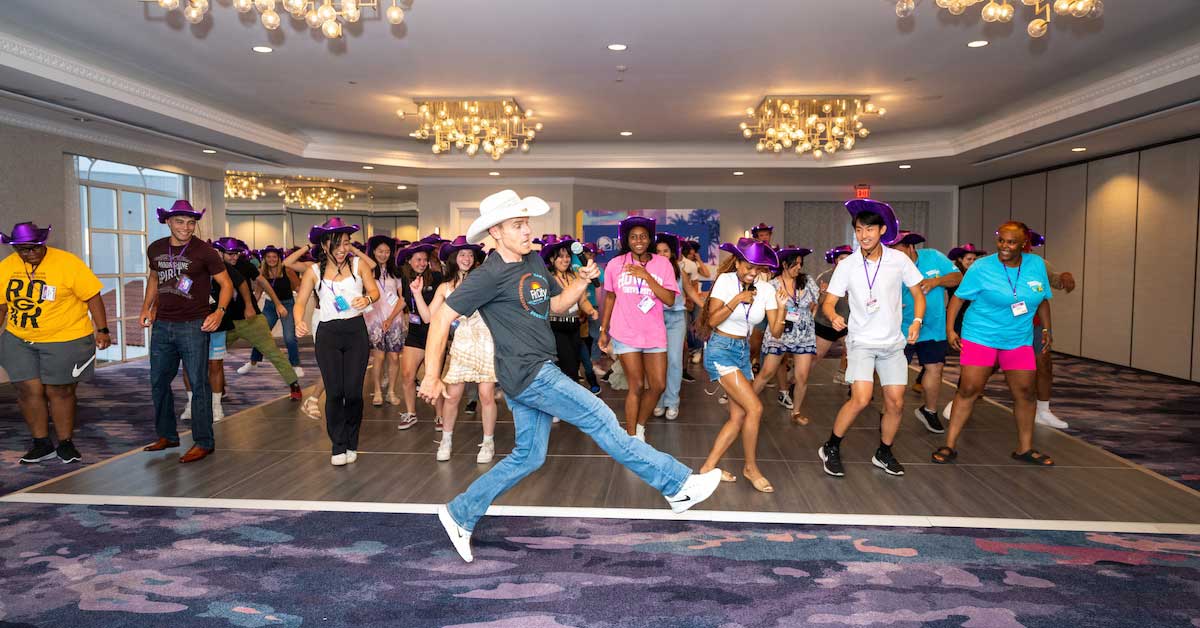It's time to bury the idea of developing one-size-fits-all programs that beautifully outline our silver, gold and platinum sponsorship levels.
During a recent panel session of sponsorship buyers at the Western Sponsorship Congress, a marketing executive for a Fortune 500 company indicated that he does not consider engaging in these types of programs. The other buyers on the panel quickly agreed and indicated they place these sponsorship packages in the trash where they belong.
So what is the problem with these programs? These programs tend to be very event-centric without taking into consideration the specific needs of the potential sponsor. We have to understand that sponsorship is a business transaction and must generate a positive return on the sponsor’s investment.
Every marketing dollar is scrutinized for its ROI. Without a return it will be viewed less as marketing and more as a donation or philanthropy. There is a better way. The key is to design sponsor-centric programs considering our prospect’s marketing and investment needs. When we open a dialogue with potential sponsors, we will quickly understand that they are looking for long-term relationships and are ready to invest in the right opportunities.
Our job is to identify the right sponsors, customize the right program that meets their goals and objectives, and help prove the value in their investment. How do we do that? Did you know that the professional sponsorship industry has a defined methodology for developing sponsorship programs?
Let us look at the six-step process they follow.
Inventory and Valuation
Every event has physical and non-physical assets or benefits that are of interest to sponsorship buyers. Catalogue these assets and individually determine their market value. This will require research to gain an understanding of what value to apply to each asset.
Prospecting
Research and build a database of potential sponsors. Understanding our attendee demographics will help us determine what type of companies will have an interest in them. Look for prospects that are likely to have goals and objectives that align with our event.
Discovery
Take time to meet with our prospects and begin building relationships. Our goal should not be to educate them about our event, but to learn about their goals and objectives, the opportunities they are looking for, and the outcomes they expect.
Custom Proposals
Utilize our inventory list and what we learned from discovery to develop a customized proposal. Focus on the sponsor and clearly outline the benefits being afforded to them. Help them build a business case for their investment and a measurable return.
Activation
Include activation opportunities in our list of right and benefits afforded to our sponsors. They will be looking to invest in additional marketing activities to maximize their investment in our event. This can be as simple as allowing the use of our event logo in their marketing channels.
Fulfillment Management
Deliver on our promises and ensure the benefits promised to our sponsors are fulfilled. Provide our sponsors with a post-event fulfillment report. This report restates the benefits we committed to and details how each was achieved or fulfilled.
For additional resources for helping you develop your sponsorship program, Canadian sponsorship expert Brent Barootes has published a comprehensive guide to sponsorship titled, "Reality Check: Straight Talk about Sponsorship Marketing." Barootes will be delivering sessions on sponsorship development at GO WEST 2020 this January 19-21. Or consider attending the Western Sponsorship Congress, which is held annually in locations across Canada.



.jpeg?sfvrsn=96553155_2)



